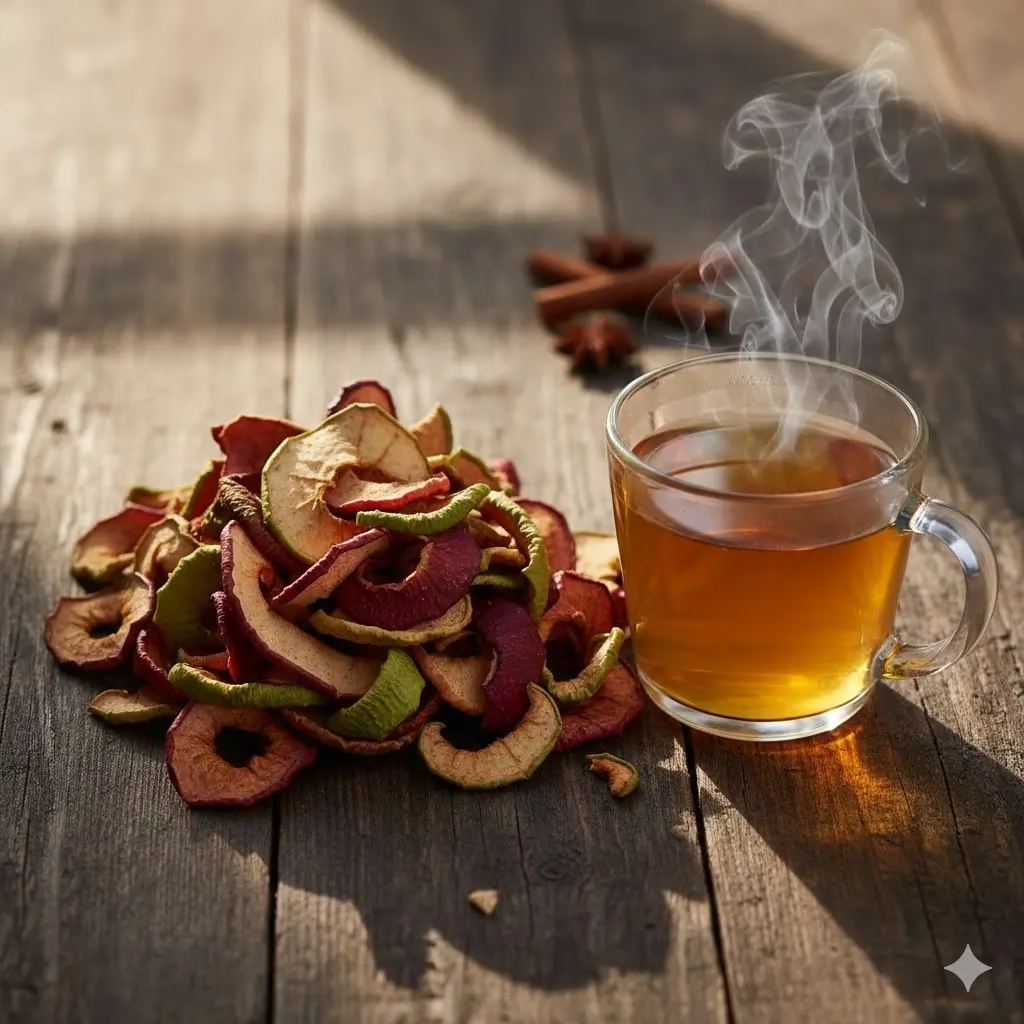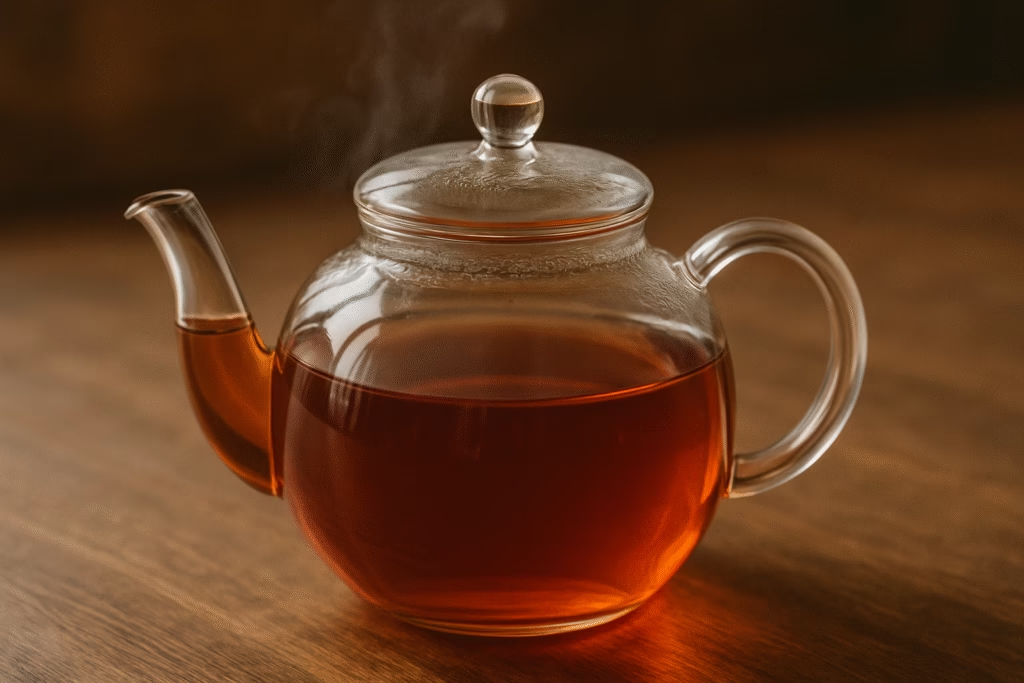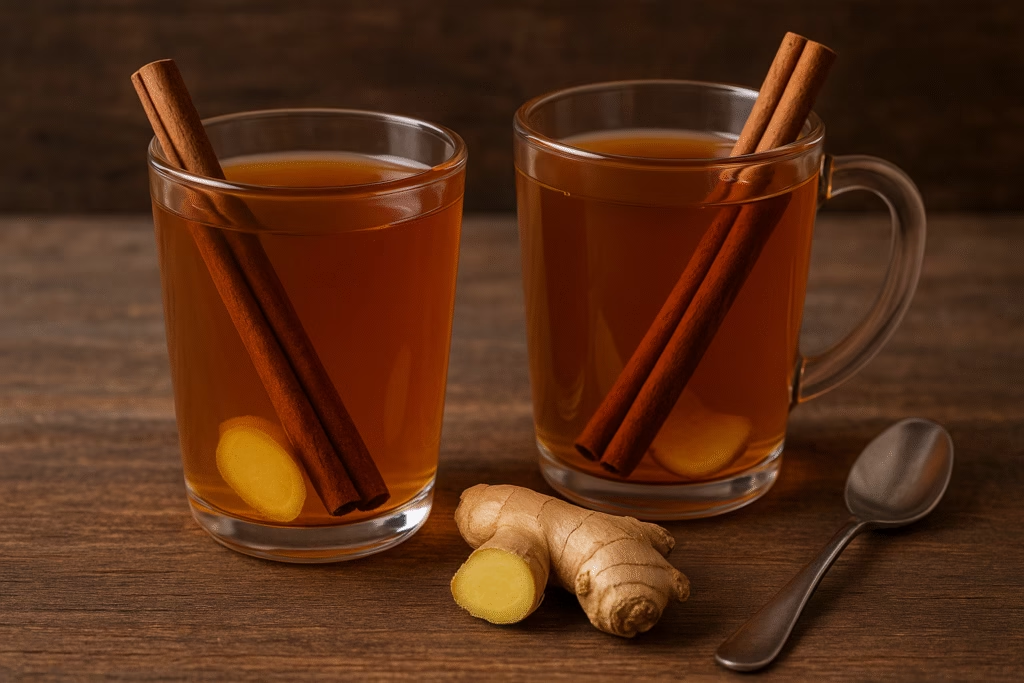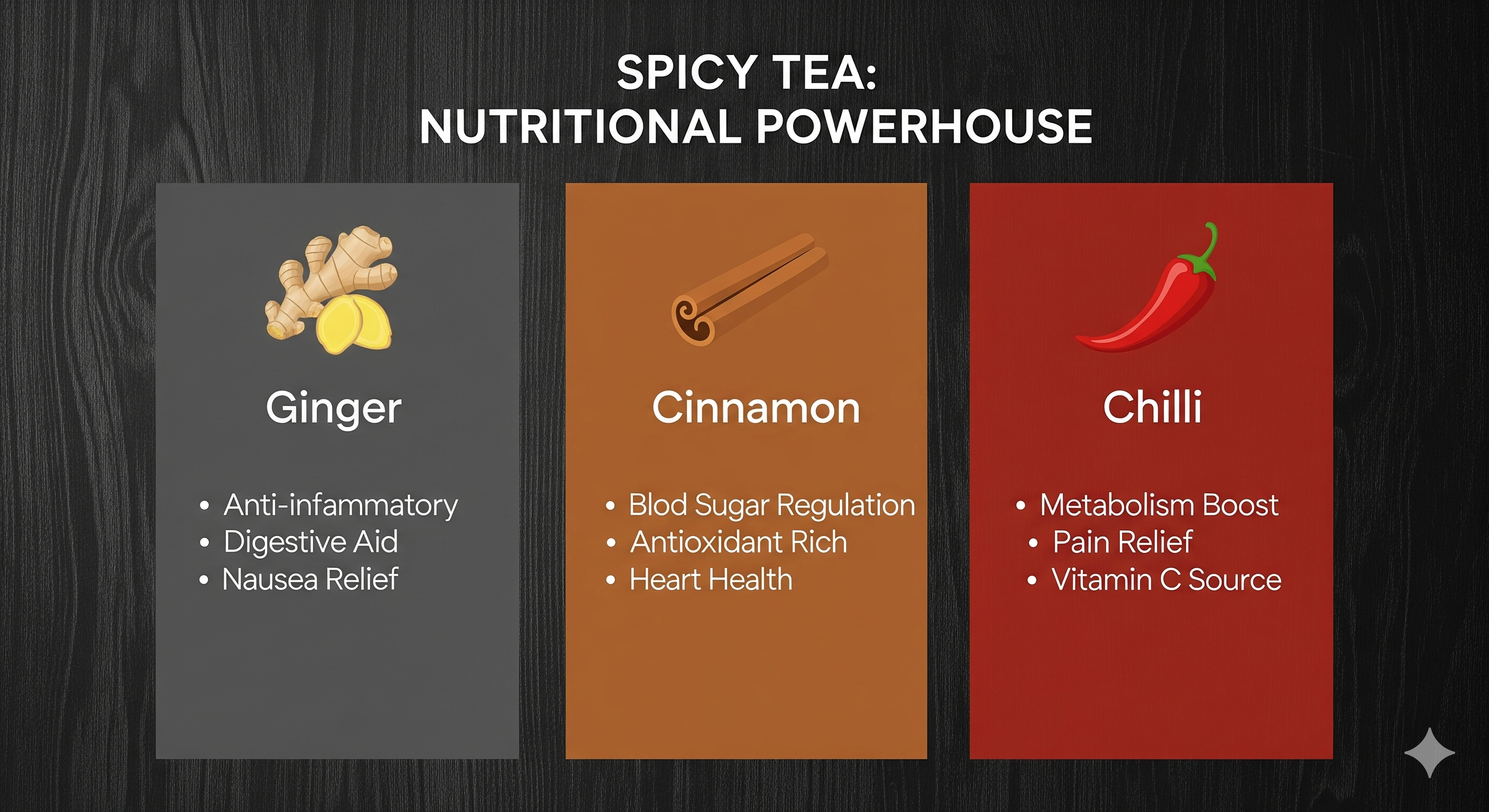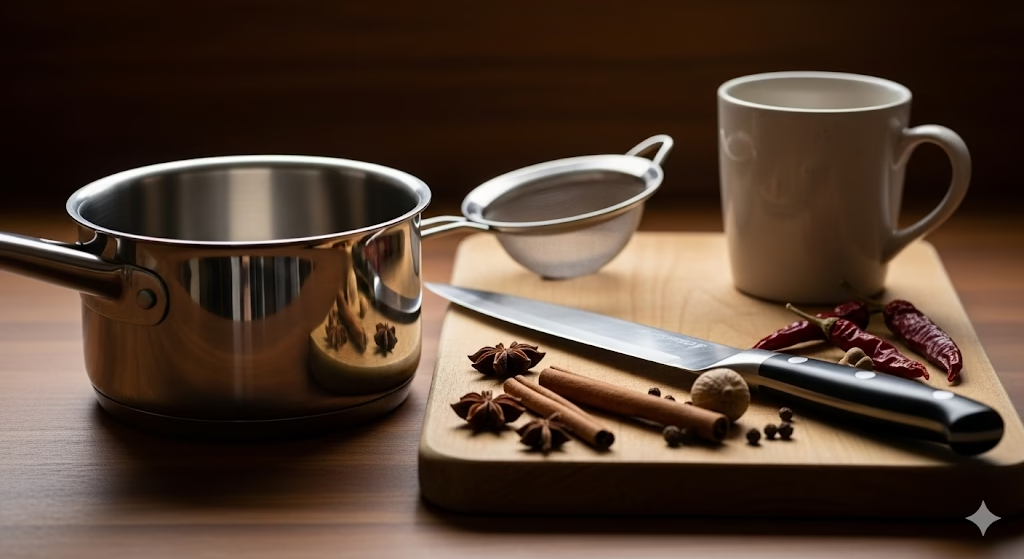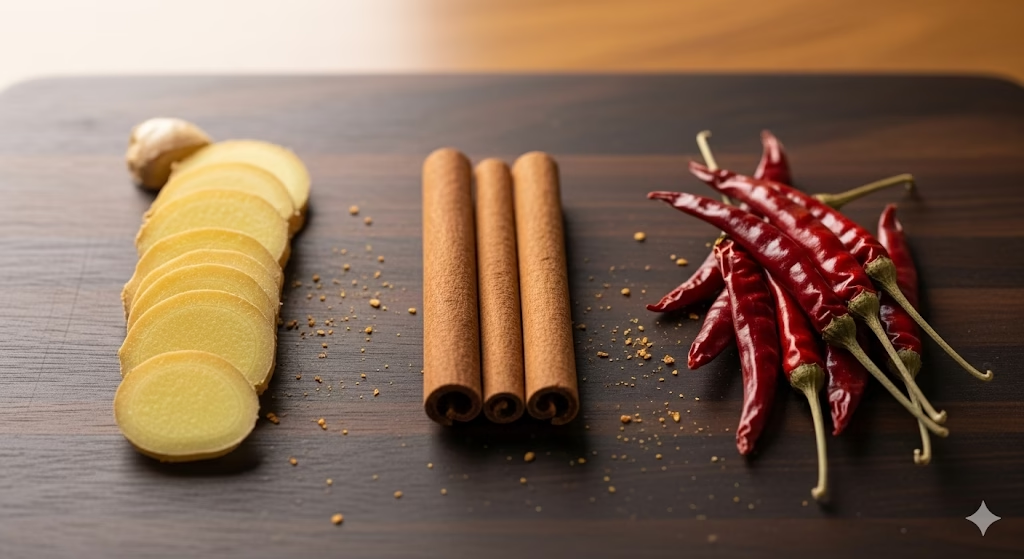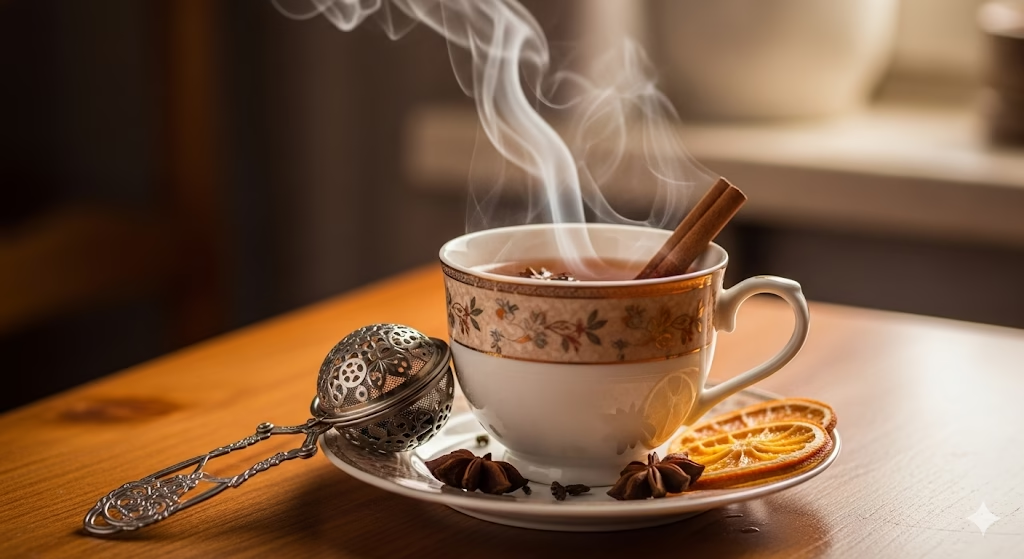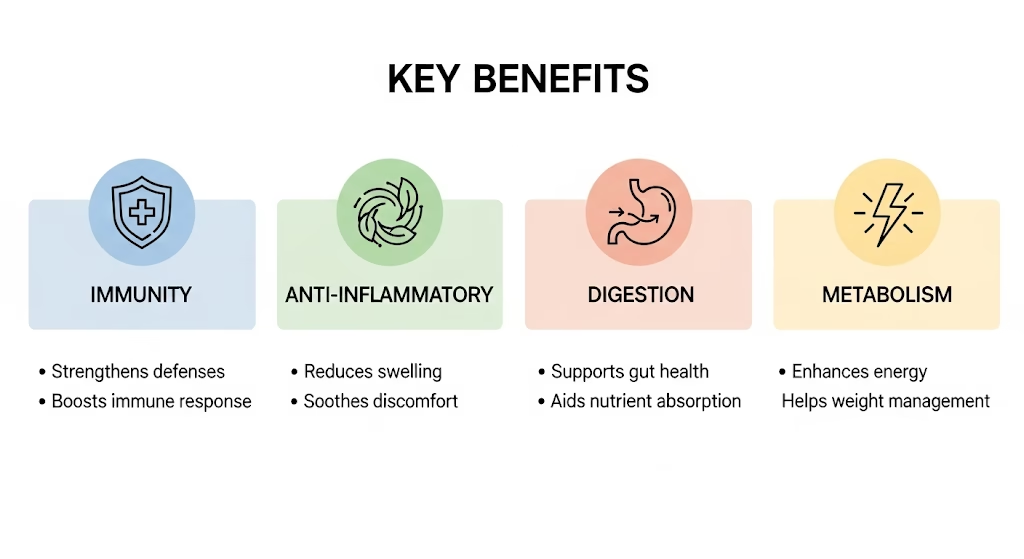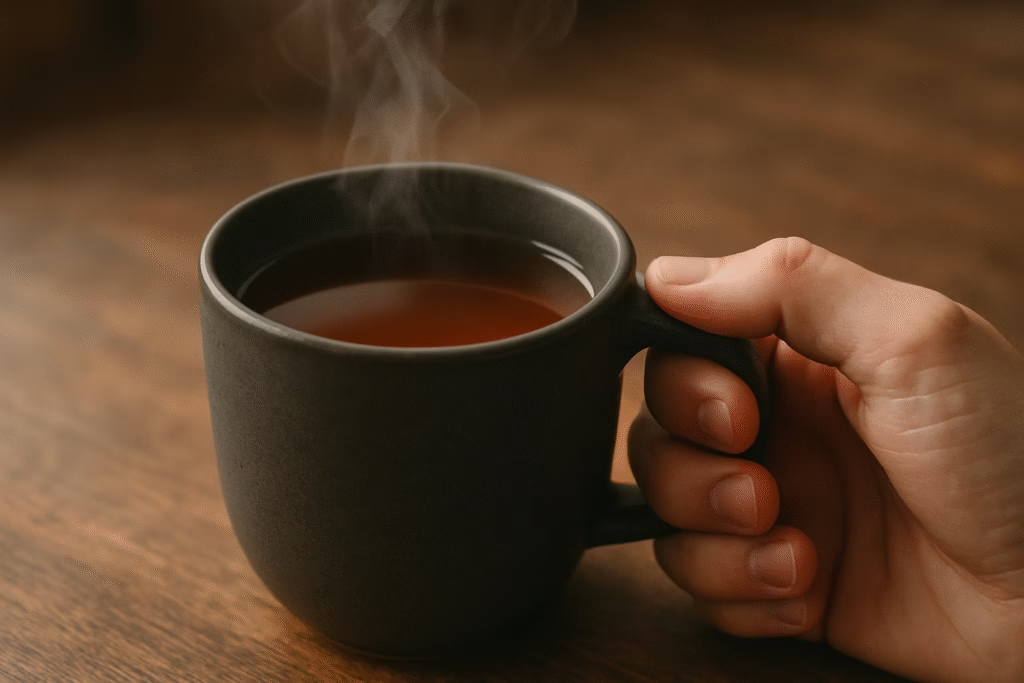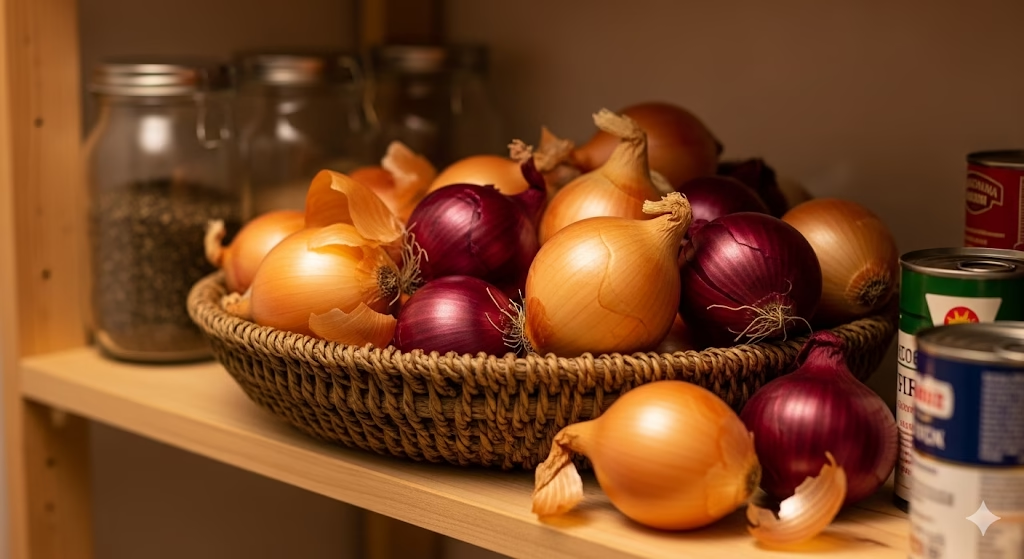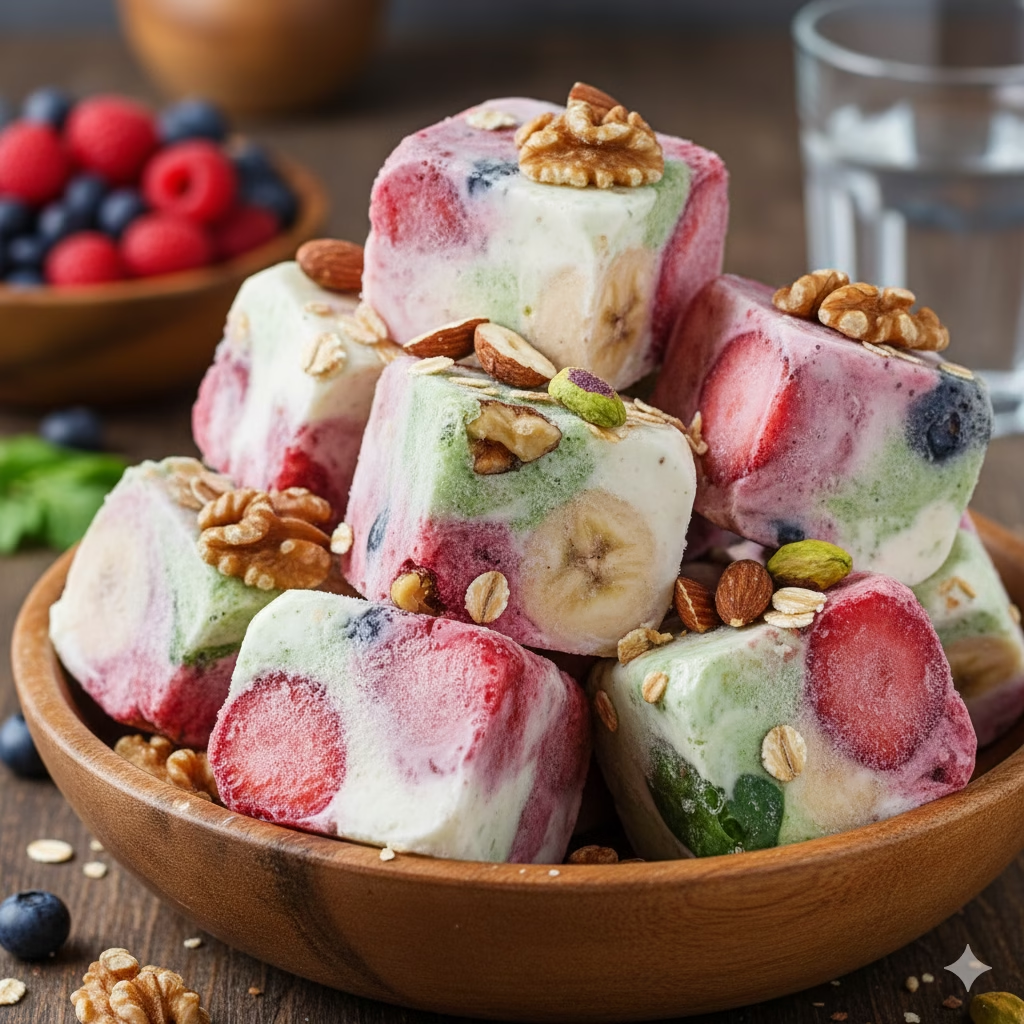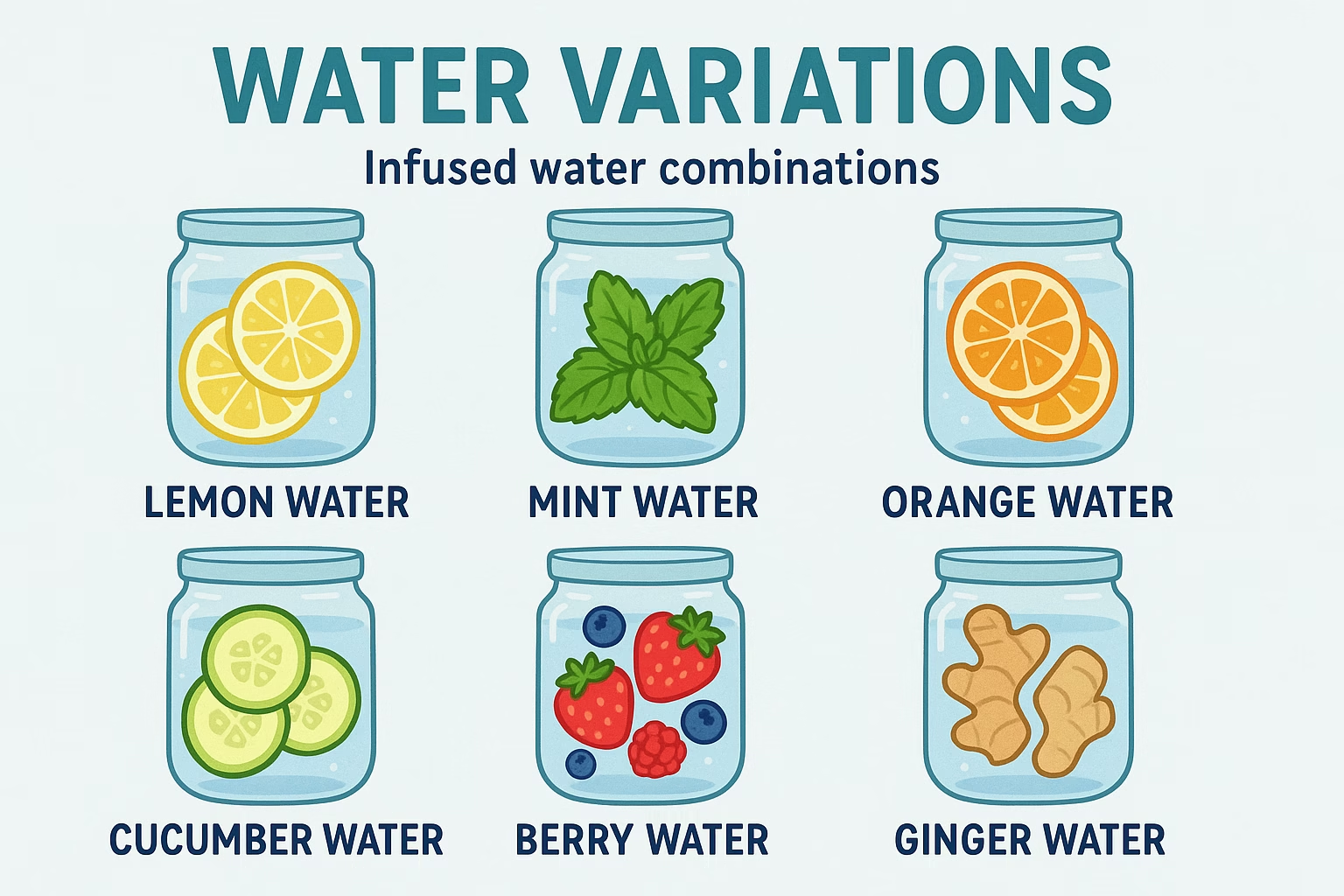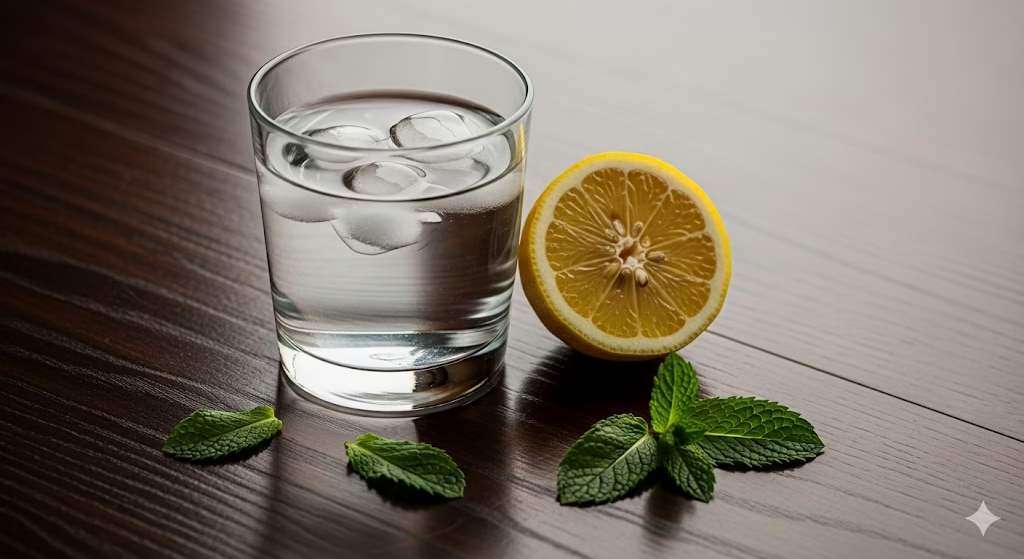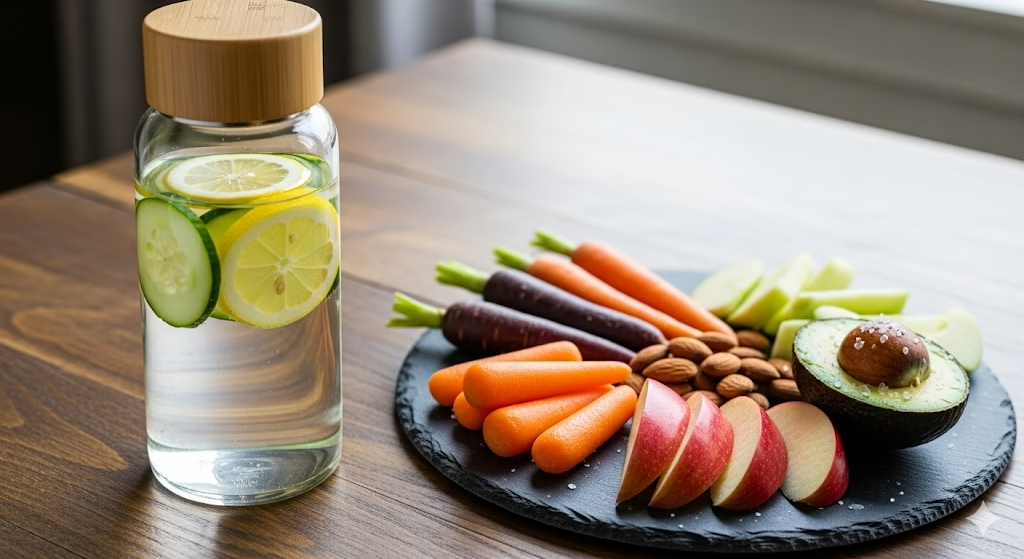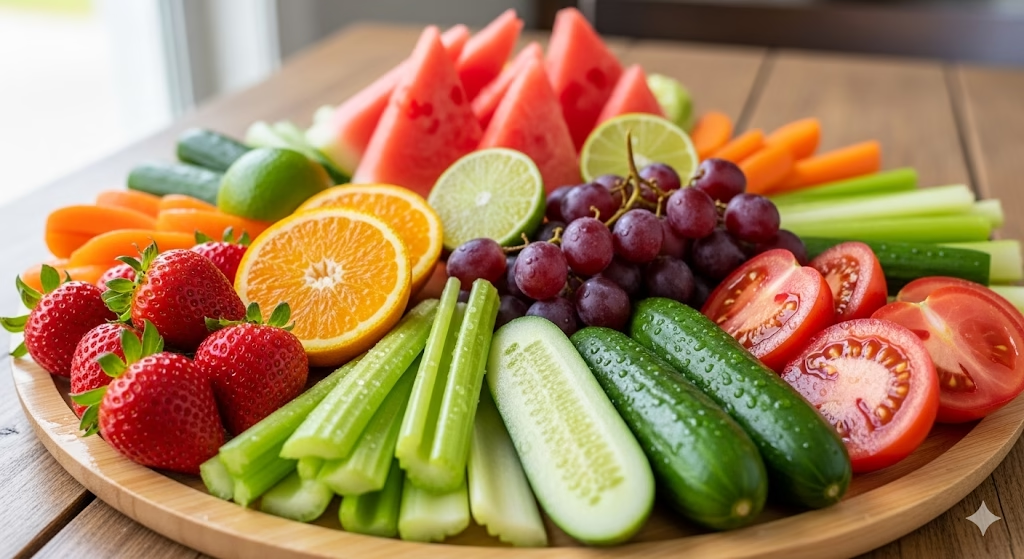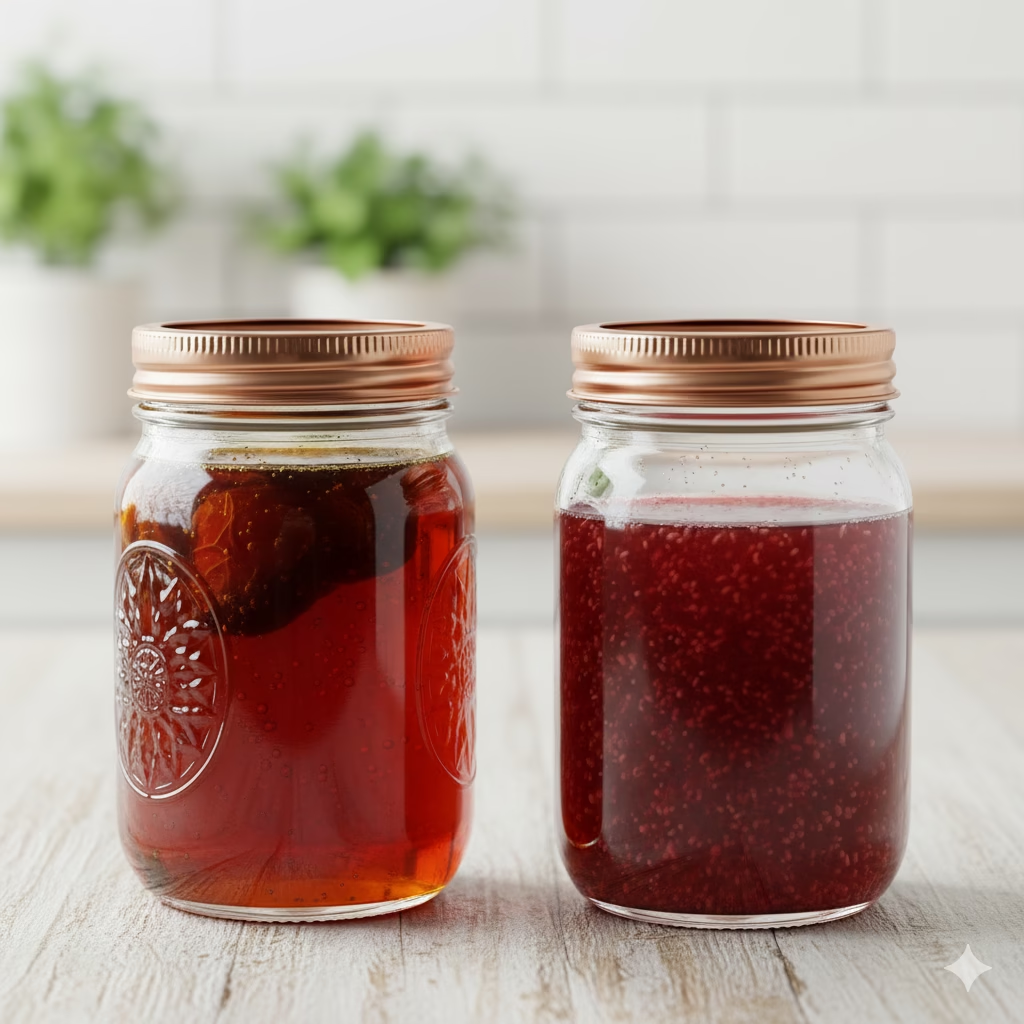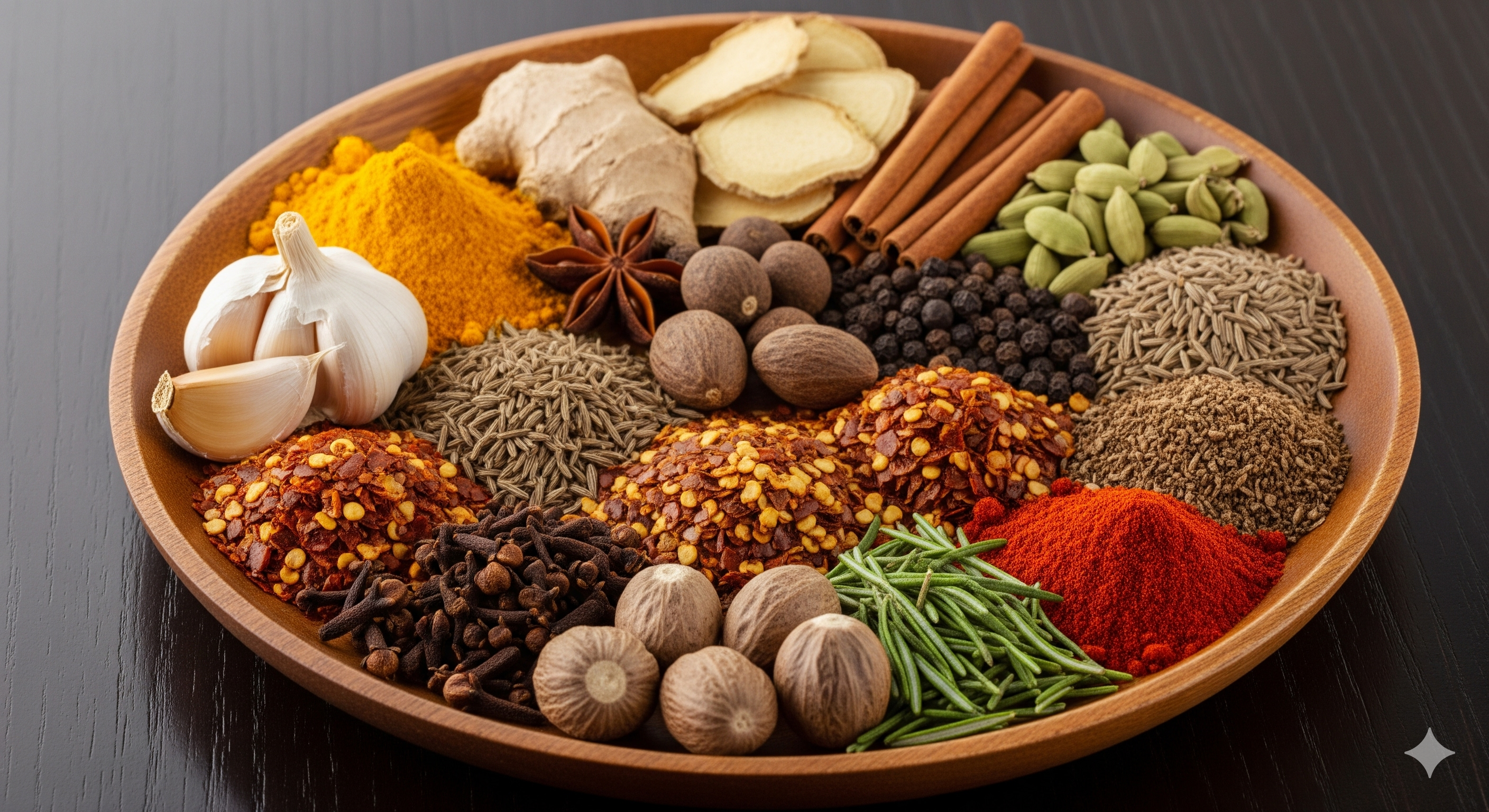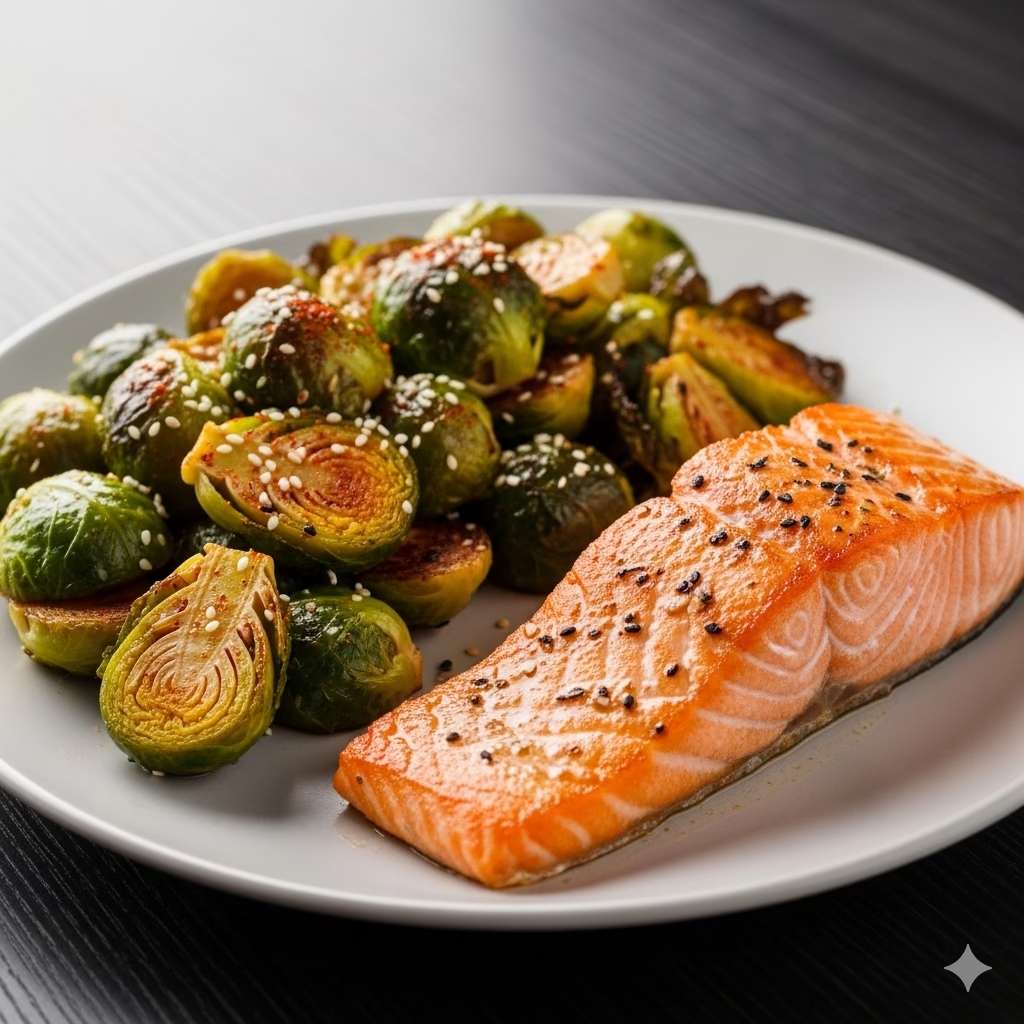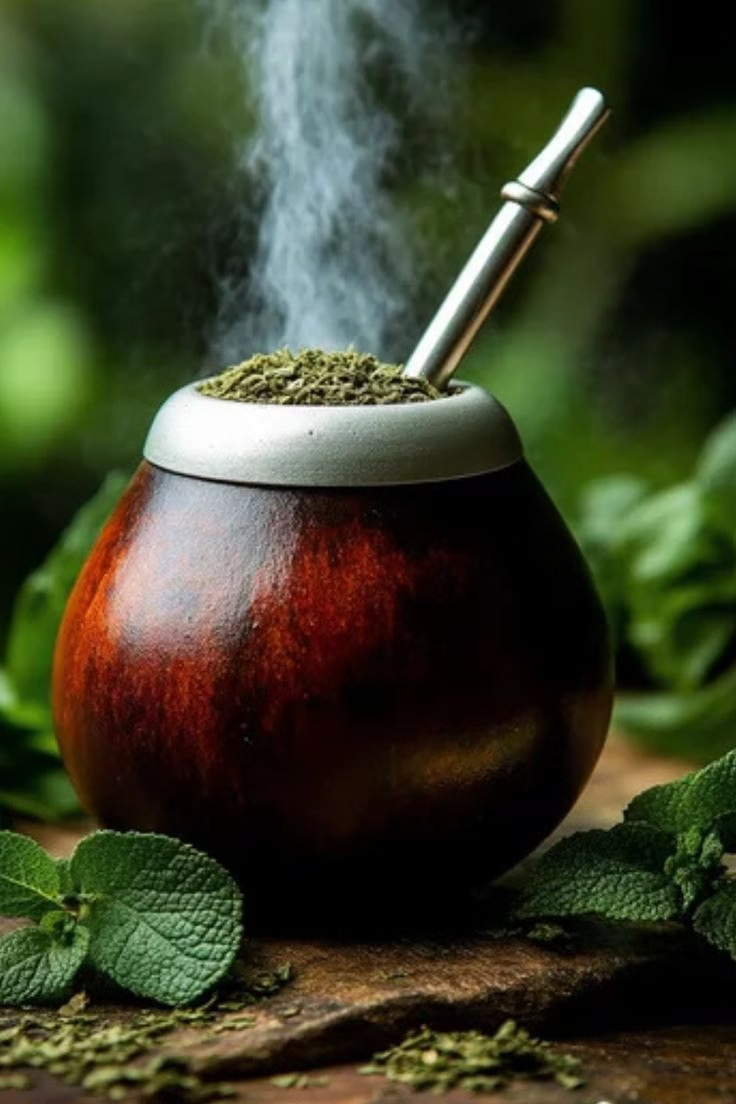
Discover the art of sustainable mate brewing. This guide connects you to old traditions while you protect our planet. Learn how to brew authentic Yerba Mate Tea using zero-waste methods. These steps remove the need for extra packaging and items you only use once. Learn the skills that turn this herbal drink into a green habit. Master the brewing process while you follow green steps that honor South American culture and the earth.
Introduction: The Zero-Waste Mate Revolution
Mate is not just a drink. It is a deep cultural habit that brings people together in a circle. For many hundreds of years, people in South America have enjoyed this drink. They use very simple and green ways to make it. Today, we can follow those same old ways while we use modern zero-waste ideas.
The best thing about mate is that it is very simple. Many people drink coffee or tea that needs paper filters or plastic pods. Those things create a lot of trash. Mate is different. When you learn how to brew mate the right way, you are not just making a cup of tea. You are taking part in a green ritual. This process creates almost no trash at all.
This ancient herbal drink gives you more than just a spark of energy. it gives you a steady feel of being awake. It helps your mind feel clear and brings you closer to your friends. By using zero-waste tea habits, you make these benefits even better. You also help the world by making less garbage.
Understanding Yerba Mate: The Foundation of Perfect Brewing
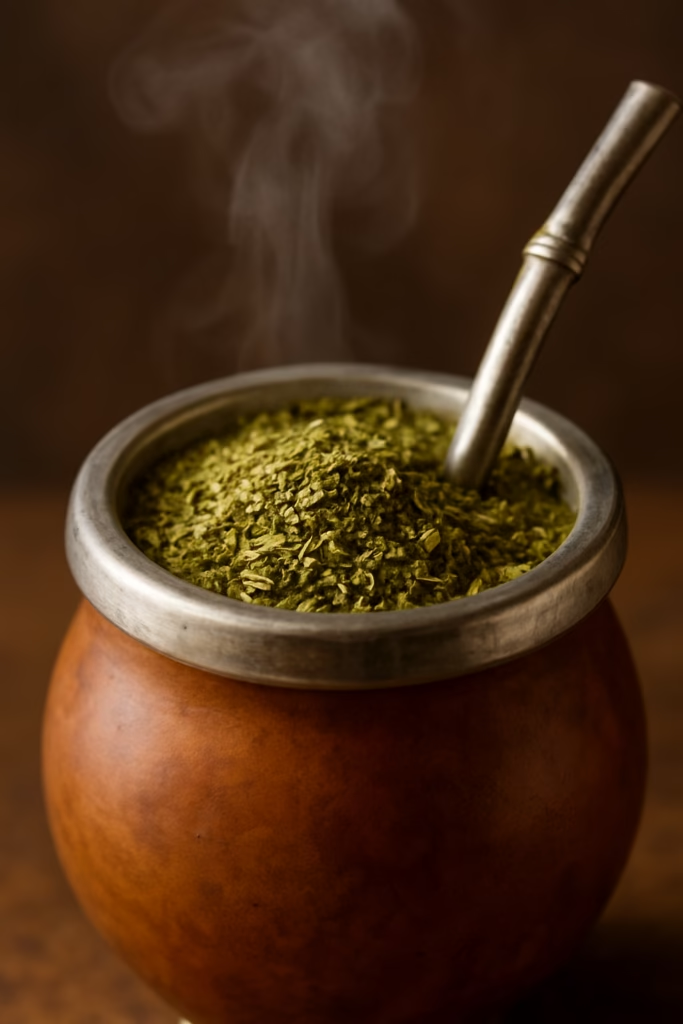
Before we talk about how to brew, we must look at what makes Yerba Mate Tea special. This plant grows in South American forests. It has caffeine and other natural parts like theobromine. This mix gives you a smooth energy that lasts a long time. It does not make you feel shaky like coffee often does.
You can find traditional mate in a few different styles. Some bags have small stems and leaf dust inside. Others are made only of pure green leaves. The size of the pieces changes the taste. It also changes how you brew it. Large, coarse pieces work best if you use a traditional cup. Fine pieces are better if you use a French press or other tools.
Good mate should always smell fresh and like green grass. It should never smell like old dust or stale hay. Try to find organic mate that is sold in large bins. This helps you skip the plastic bags. Many health food stores now let you bring your own jars to fill up. This is a great way to keep your kitchen free of waste.
Essential Zero-Waste Equipment for Perfect Mate

Brewing mate in the old way needs very few tools. This makes it a very green choice for your home. Here is a list of the basic things you need for a real zero-waste session:
The Gourd
The gourd is the heart of the whole mate world. Most people use a dried squash called a calabash. You can also find cups made of wood, clay, or glass. Each type of cup changes the taste a little bit. A squash gourd adds a woody, earth-like flavor. A glass cup keeps the taste very clean and neutral.
The Bombilla
The bombilla is a special straw made of metal. It has a filter at the bottom end. This tool is great because you do not need paper filters or tea bags. If you buy a high-quality metal straw, it can last for many years. It is best to choose stainless steel. It is very strong and does not change the flavor of your drink.
The Thermal Flask
A good insulated bottle or flask is very helpful. It keeps your water at the right heat for a long time. This is important because you will pour water many times. By using a flask, you do not have to keep turning on the stove. This saves power and time.
Alternative Tools
If you do not want to use a gourd, you have other choices. You can use a French press or a glass jar. You can even use a metal pour-over tool. All of these tools are reusable. They work perfectly with loose leaves and create no trash.
Preparing Your Gourd: A Zero-Waste Ritual
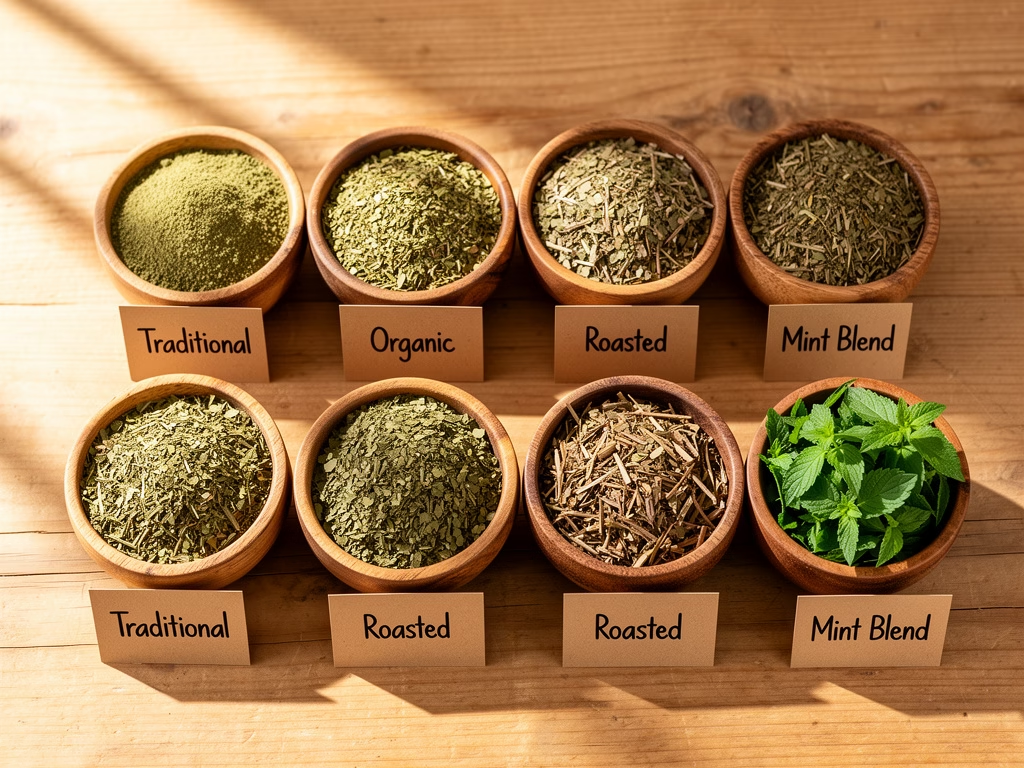
If you buy a new natural gourd, you must “cure” it first. This is a special step that gets the cup ready for use. It removes bitter tastes from the inside of the squash. It also makes the cup last longer. This process only uses mate leaves and water, so it is totally green.
First, fill your new gourd with used mate leaves. Add hot water until it is full. Let it sit on your counter all night. The next day, use a small spoon to scrape the inside. This removes the soft skin from the squash. You should do this a few times. Stop when the inside is clean and the water does not taste bitter.
Between your daily sessions, just rinse the gourd with warm water. You should never use dish soap on a natural gourd. Soap can get into the walls of the gourd and ruin the taste of your mate. Always let it air dry in a spot with good breeze. This stops mold from growing inside.
The Perfect Water: Temperature and Quality Matter

The water you use will change the flavor of your mate in a big way. It is best to use filtered water or fresh spring water. Water from the tap can sometimes smell like chemicals. This can hide the sweet and grassy notes of the mate leaves.
The heat of the water is the most important part. Mate is not like black tea or coffee. You should never use boiling water. Boiling water makes the leaves burn. This creates a very bitter taste that is hard to drink. The best heat is between 160 and 175 degrees.
Heat your water in a pot and let it cool for a minute before you pour. Many people use a thermometer to be sure. This careful step stops waste because every cup will taste great. You won’t have to throw away a bitter batch of tea.
How to Brew Traditional Mate: Step-by-Step Instructions

Brewing mate the old way is a process. It helps you get the most flavor out of the leaves. This method also lets you use the same leaves for many refills. This helps your bag of mate last much longer.
Step One: The Fill
Fill your gourd about two-thirds of the way with dry leaves. Put your hand over the top and shake it. Tilt the gourd so the leaves sit on one side. This creates a slope or a “little mountain.” This helps the water flow well and keeps the straw from getting stuck.
Step Two: The Straw
Put your thumb over the top of the metal straw. Push the filter end into the bottom of the empty space in the cup. Do not move it once it is in place. Keeping your thumb on the top stops leaf dust from getting inside the straw.
Step Three: The Awakening
Pour a tiny bit of cool water into the empty side of the gourd. Let it sit for a minute so the leaves can soak it up. This is called “waking up the mate.” It protects the leaves from the hot water you will add next.
Step Four: The Pour
Slowly add your hot water into the small pool next to the straw. Do not wet all the leaves at the top yet. The first person in the circle drinks the whole cup. Then, they add more water and pass it to the next friend.
Step Five: The Refill
Keep adding water and passing the cup until the flavor is gone. A good scoop of mate can be refilled 10 to 15 times. This makes it a very cheap and green way to drink caffeine.
Alternative Zero-Waste Brewing Methods

You do not have to use a gourd to be green. There are other ways to make mate that are also very sustainable. These methods are great if you are in a rush or want to make a lot at once.
The French Press
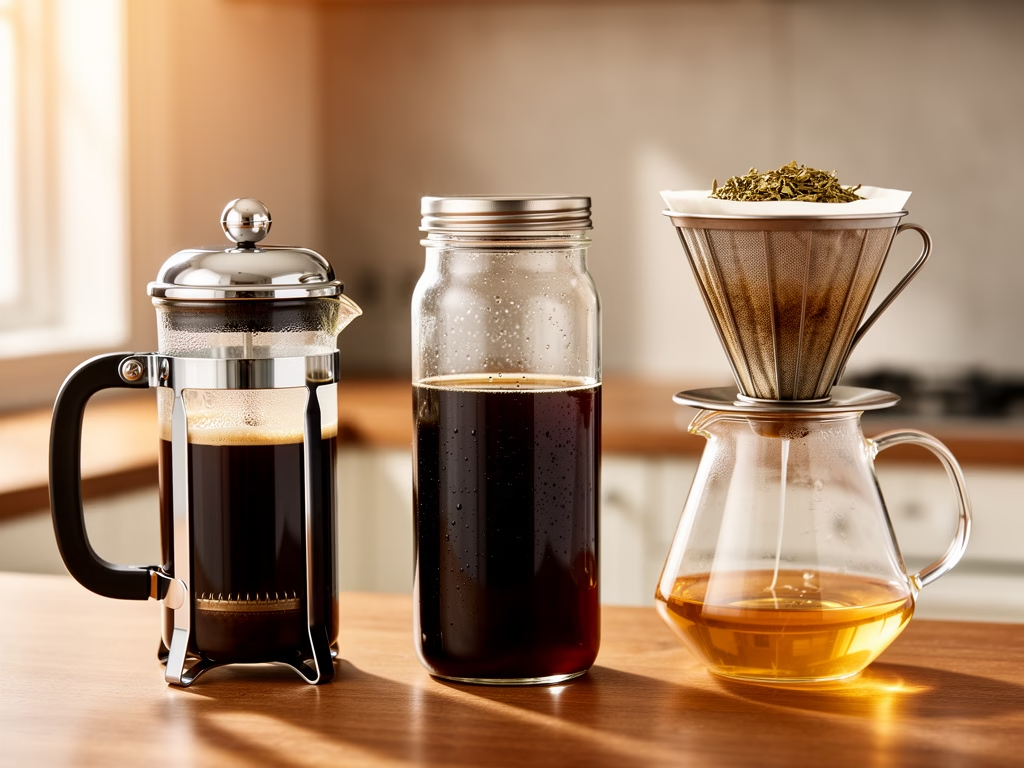
A French press makes a very smooth cup of mate. Use one big spoon of leaves for every cup of water. Add your hot water and let it sit for about three to five minutes. Then, push the metal filter down. This way is very easy to clean and works well for a big breakfast.
Cold Brew Mate
In the summer, you might want a cold drink. Put mate leaves and cold water in a glass jar. Put the jar in the fridge all night. The next day, pour it through a metal strainer. Cold brew mate is very sweet and not bitter at all. It is a great way to stay cool without using plastic bottles.
Metal Pour-Over
You can use a metal coffee filter to make mate too. This gives you a very clear drink. It allows you to taste the small details in the leaves. These metal filters can be used forever, so they never go into the trash.
Sustainable Sourcing and Storage
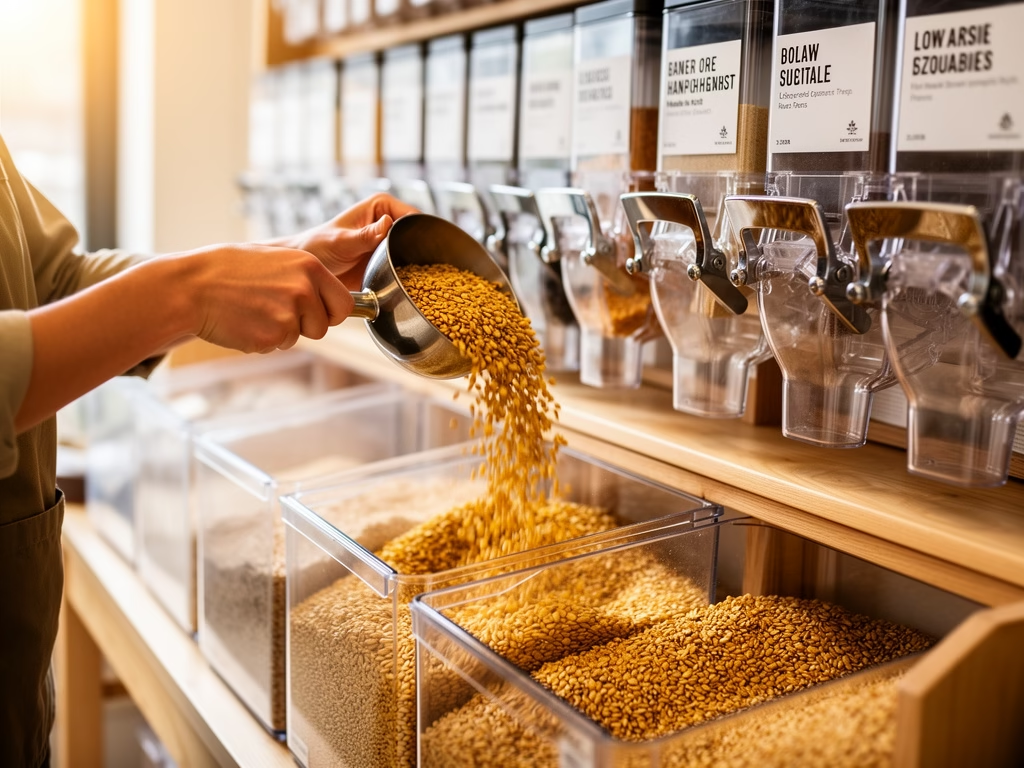
Zero-waste living starts before you even brew your tea. It starts when you are at the store. You should try to buy your mate from people who care about the earth. Look for bags made of simple paper instead of plastic.
Many shops now have “bulk sections.” You can bring your own glass jars from home and fill them up. This means you do not bring any new trash into your house. It is also a good idea to look for “Fair Trade” mate. This means the farmers who grow the plants are paid a fair wage.
Once you get your mate home, keep it in a cool and dark place. A glass jar with a lid is the best choice. This keeps the leaves fresh for a long time. If you keep your mate fresh, you will not have to throw any away because it got stale. Buying in big amounts is also a good way to save money and reduce the number of trips you take to the store.
Maximizing Your Mate: Getting Every Drop of Value

True zero-waste brewing means you use every part of what you buy. The leaves give you many drinks, but they have a life after the cup too.
When you are done drinking, do not throw the leaves in the garbage. Mate leaves are great for the dirt in your garden. They have a lot of nitrogen which helps plants grow tall and green. You can put them in a compost bin or right under your flowers.
Some people even use the dry leaves in their food. You can put them in a blender for a green smoothie. You can even use them when you bake bread or cookies. This adds a nice earthy taste and a bit of health to your food.
You can even use the extra tea water for your plants. Just make sure the water is cool first. The light vitamins in the mate act like a mild food for your indoor plants. This is a perfect way to make sure nothing at all is wasted.
Common Mistakes and How to Avoid Them

Even simple things can go wrong. If you want to avoid waste, you should know these common mistakes.
Hot Water Errors
This is the most common problem. If your water is too hot, the tea will taste like burnt grass. If it is too cold, it will taste like nothing at all. Use a thermometer until you learn how the water looks when it is at the right heat.
Packing Too Tight
If you put too many leaves in the cup, the water cannot move. This makes it very hard to sip through the straw. It also means some of the leaves stay dry and are wasted. Leave some room for the water to dance around the leaves.
Stirring the Straw
In many cultures, stirring the straw is seen as a mistake. It moves the leaves and clogs the filter. Once you put the bombilla in, leave it alone. This keeps the drink flowing well until the very end of your session.
The Social Aspect: Sharing Without Waste

Sharing mate is a great way to live a green life. When a group of friends shares one gourd, they use less of everything. They use one cup, one straw, and one pot of water. This is much better than everyone using their own plastic cup or paper bag.
In a traditional circle, one person is the “server.” This person makes sure every pour is perfect. This means no water or mate is wasted on a bad brew. This system shows that being green can actually make your social life better.
Most people share one metal straw, which is the old way. If you are worried about germs, everyone can bring their own metal straw. This still keeps the trash away while keeping everyone happy and healthy. Mate sessions are a beautiful way to slow down and talk to the people you love.
Troubleshooting Your Zero-Waste Mate Setup
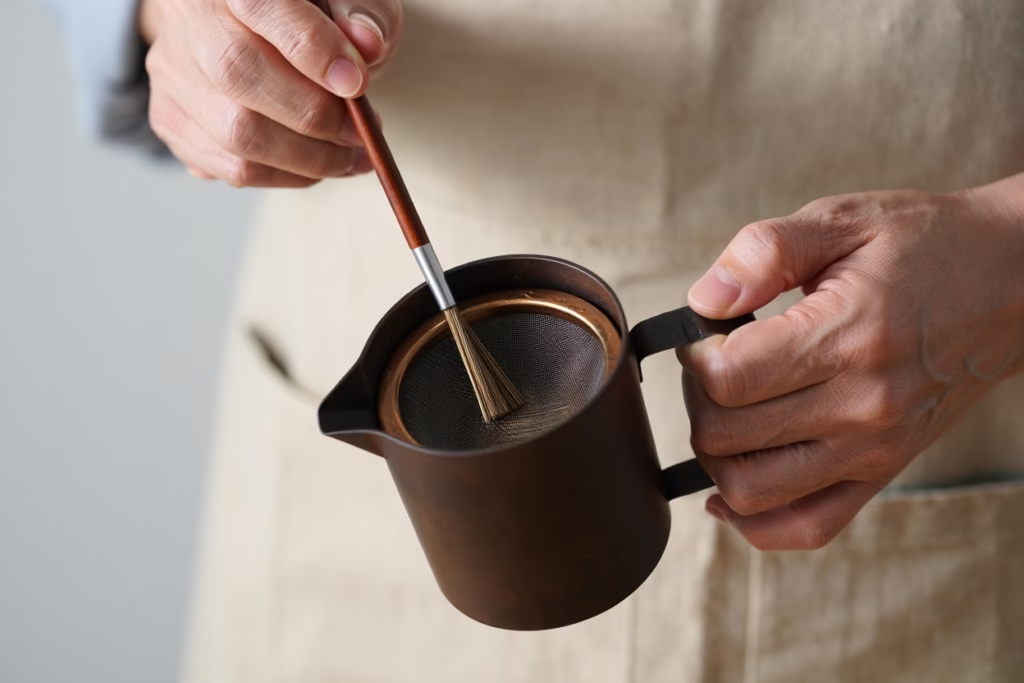
Keeping your tools in good shape is part of being sustainable. If you take care of your things, you will not have to buy new ones.
Clean your metal straw after every use. You can buy a very small brush to clean the inside. If you do not clean it, old tea bits will build up. This can make your fresh tea taste bad.
If you see white spots in your natural gourd, it might be mold. Do not throw the cup away! You can fix this by scrubbing it with salt and warm water. Then, let it dry in the sun. The sun is a natural way to kill mold.
If your mate suddenly tastes bad, check your water. Sometimes the pipes in your house can change the taste. Try using a water filter before you think your mate leaves have gone bad. Having a back-up straw is also a smart idea so you never have to use a plastic one if your main straw breaks.
Conclusion: Embracing the Zero-Waste Mate Lifestyle
Learning how to brew the perfect mate is a journey. It connects you to old South American stories. It also helps you protect the future of the earth. This green way of drinking shows us that we do not need trash to have a good life.
The zero-waste tea life is a big idea. It is about thinking before you buy. Every time you use a reusable cup, you are doing something good. Every time you compost your leaves, you are helping the soil. These small steps add up to a big change for the world.
Mate is more than just a source of caffeine. it is a teacher. it teaches us to slow down, to share, and to respect nature. By mastering these simple steps, you join a global family. This family cares about tradition and the health of our planet.
Start your green mate journey today. You only need a few simple tools and a bag of loose leaves. It is a small change that brings a lot of joy. You can enjoy the best brew of your life and know that you are leaving nothing behind but happy memories.
References
Recent Posts

